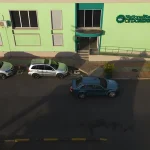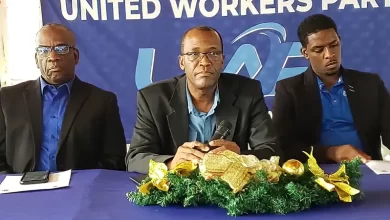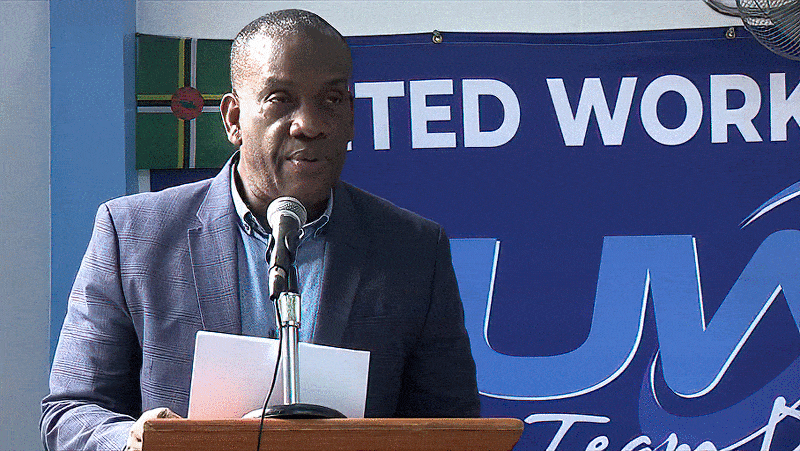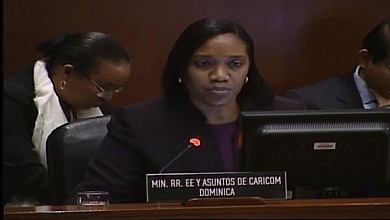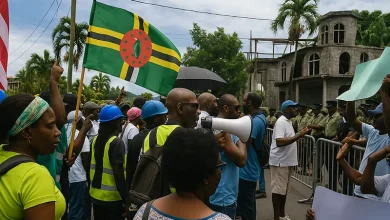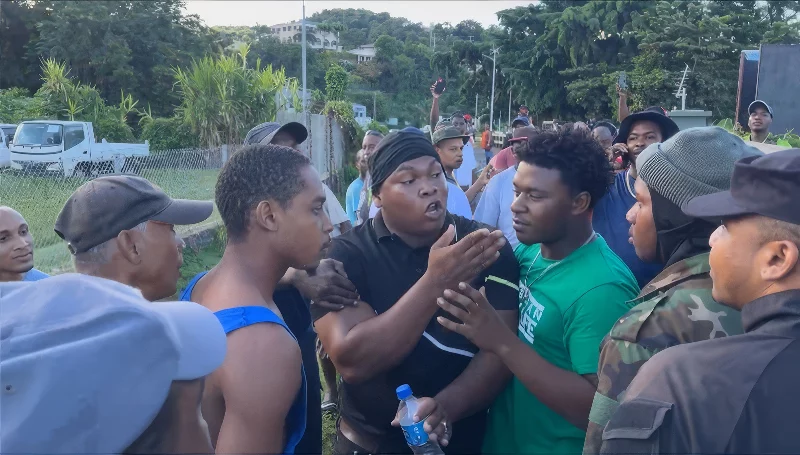
Dominica finds itself in a pivotal moment—caught between a government defending national stability and a population increasingly insistent on its democratic rights. Recent events surrounding the March 19 protest in Roseau have thrown these tensions into stark relief, as police clashed with demonstrators seeking genuine electoral reform, leaving citizens to question whether dissent is being mistaken for disorder.
The government’s call to place the Regional Security System (RSS) on standby days before the protest drew national and regional attention. Though the RSS was ultimately not deployed, its mere activation request raised the specter of state overreach. The political opposition, civil society, and rights advocates viewed it not just as a precaution, but a symbol of deepening mistrust between state institutions and the people they are meant to serve.
When Civil Liberties Become Casualties
As arrests were made, tear gas dispersed crowds, and bail conditions silenced defendants, the line between public safety and political suppression grew increasingly blurred.
Among those charged were former parliamentarians, seasoned activists, and concerned citizens—many of whom now face gag orders as part of their bail terms, preventing them from speaking on issues related to the protest or the pending legislation. These restrictions have drawn condemnation from legal professionals and international observers alike.
Attorney Cara Shillingford, speaking at a recent forum hosted by the Electoral Reform Coalition (ERC), labeled the bail conditions “draconian, undemocratic, and unconstitutional.” She questioned why accused citizens—many with no history of violence—were being silenced for demanding transparency and reform.
Policing in a Political Landscape
In a statement that resonated across the region, Dr. Emmanuel Finn, a Dominican academic and former U.S. diplomat, warned that the police must resist being used as “an arm of the political establishment.” His concerns echo those of a growing number of Dominicans who believe the Commonwealth of Dominica Police Force has increasingly become reactive not to criminal threats but to political pressure.
This perception was reinforced when Acting Police Commissioner Davidson Valarie publicly declared the March protest “illegal,” citing the absence of a permit under the Public Order Act. Yet critics argue that the requirement for protest permissions is being weaponized to control narrative, timing, and participation—especially when government-linked events proceed freely without such scrutiny.
The Youth Factor: A Boiling Point
Beneath the headlines and soundbites is a more alarming undercurrent—pent-up frustration among Dominica’s youth. For years, young Dominicans have voiced disillusionment with governance, limited job opportunities, and the erosion of civic space. When these frustrations are met with riot shields and silence orders, it compounds the feeling of being unheard, unseen, and unwanted in national discourse.
The criminalization of protest risks sending a dangerous message to youth: that peaceful assembly is punished, not protected. And when protest becomes taboo, history shows us that alternative—and often more dangerous—expressions of dissent will emerge.
The True Meaning of Patriotism
Patriotism is not blind allegiance to a party or person. It is love of country, expressed through vigilance, critique, and a desire to see one’s nation live up to its ideals. Those who took to the streets on March 19 were not enemies of the state—they were participants in democracy.
For some, it was about voter ID cards, cleansing the electoral list, or campaign finance transparency. For others, it was about reclaiming a voice in a system that increasingly feels tilted away from public accountability.
The protest—and the state’s response—should force a national reckoning: Is Dominica creating space for democratic participation, or closing the door on it?
Where Do We Go From Here?
Dominica now stands at a delicate intersection of patriotism, police authority, and public protest. The path forward demands balance, maturity, and above all, courage.
- Law enforcement must operate free from political influence.
- Citizens must retain the right to assemble and speak without fear.
- Government must engage—not muzzle—dissenting voices.
The eyes of the region are watching. How Dominica handles this moment will define its democratic credentials not just for this electoral cycle, but for a generation.
Because ultimately, a government should not fear its people—it should listen to them.
This article is copyright © 2025 DOM767


